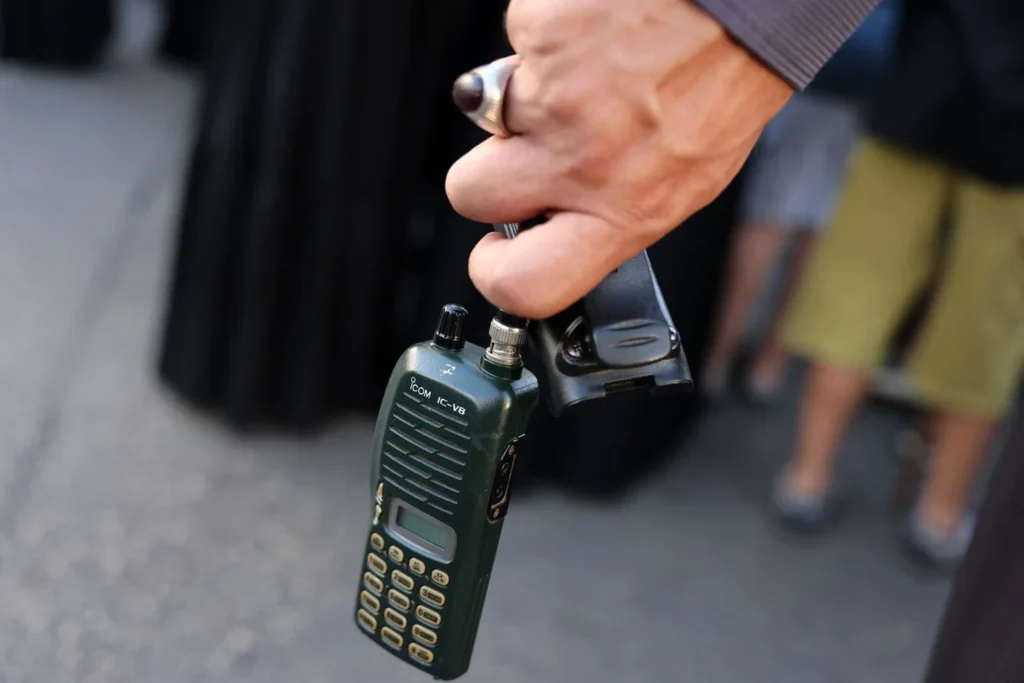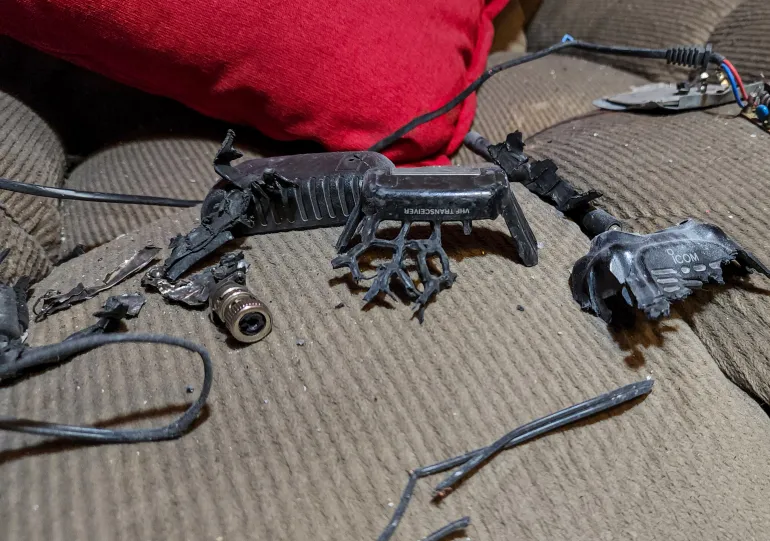Lebanon is reeling after a series of explosive attacks targeting communication devices, resulting in widespread fear and confusion. Following the explosion of thousands of Hezbollah pagers, walkie-talkies used by the group detonated the next day, causing further casualties. The tragic events have shaken the country, as the exact cause remains unconfirmed but points to a strategic infiltration of Hezbollah’s communication systems.
What’s Happening & Why This Matters
On the second day of attacks, at least 14 people were killed, and over 450 were injured when two-way radios used by Hezbollah members exploded across Lebanon. The previous day’s attack on pagers had already left Lebanon tense and fearful, but this second, more deadly incident escalated the panic.
One of the walkie-talkies exploded during a funeral for victims of the earlier pager attack, leading to mass hysteria. A New York Times report described the chaos: “When the blast went off, a brief eerie stillness descended on the crowd… then panic set in as people scrambled in the streets, yelling for everyone to turn off their phones.”
The origin of the attacks appears to be the same as the initial pager explosions. Sources suggest that Israeli intelligence services planted explosives in these devices and delivered them to Hezbollah as part of their emergency communication system. This strategic move seems aimed at dismantling Hezbollah’s communication infrastructure. According to Axios, Israeli intelligence assessed that Hezbollah would soon uncover the pager breach, prompting them to conduct a follow-up attack with walkie-talkies.
The attacks have left the public uncertain about the safety of everyday devices. While the focus has been on communication equipment like radios and pagers, rumors are swirling about other possible explosive threats. Some unverified reports even suggest devices like iPhones and video cameras may be compromised. Though many of these claims remain unconfirmed, the fear gripping the country is very real.
In response, Hezbollah has reportedly instructed its operatives to distance themselves from any communication devices, particularly those with lithium batteries or internet connectivity. Whether this will be enough to prevent further incidents remains to be seen. What’s clear is that the situation has disrupted the daily lives of Lebanese citizens and thrown Hezbollah into a state of uncertainty.
TF Summary: What’s Next?
As Lebanon grapples with the aftermath of these coordinated attacks, the focus remains oininvestigating the full scope of the security breach and public safety. Hezbollah will likely reevaluate its communication networks as civilians remain on high alert for other attack avenues. The fear surrounding telecommunications devices is expected to linger, challengng authorities to restore confidence and security in everyday life. Vigilance and cooperation between security forces and the public will be key in addressing the underlying threats.




